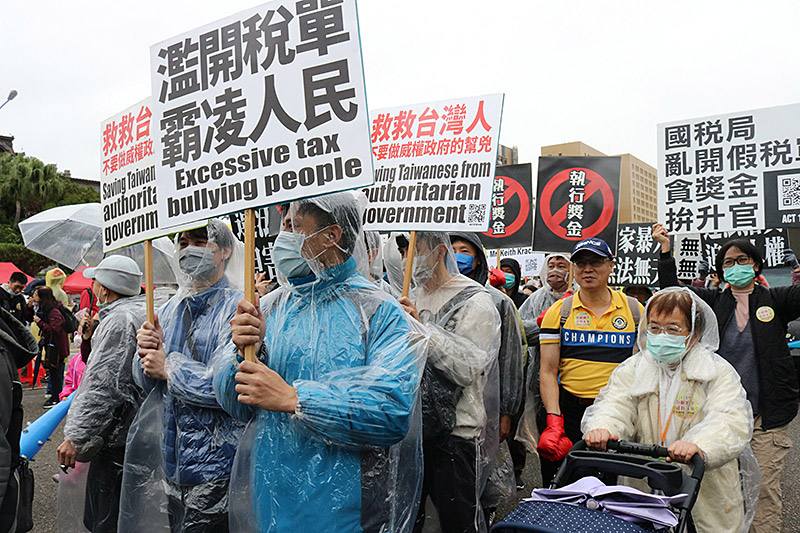Tax Preparers Charged with Filing False Returns
The owner and operator of First Premier Tax Service, a Philadelphia, Pennsylvania, tax preparation business and a return preparer working at the business, were charged in connection with a scheme to prepare fraudulent tax returns in order to reduce taxes and inflate federal tax refunds for their clients, announced Principal Deputy Assistant Attorney General Richard E. Zuckerman and U.S. Attorney William McSwain for the Eastern District of Pennsylvania.
An indictment returned by a federal grand jury charged both Nvahbulai Quisiah and Gofin Kosia, also known as Kafumba Kromah, with one count of conspiracy to defraud the United States, three counts of wire fraud, and three counts of aggravated identity theft. Quisiah was also charged with eight counts of aiding and assisting in the preparation and filing of a false tax return. Kosia was charged with nine counts of aiding and assisting in the preparation and filing of a false tax return.
According to the indictment, Quisiah and Kosia prepared tax returns for clients for tax years 2009 through 2016 that fraudulently inflated itemized deductions, claimed fictitious Schedule C businesses, and claimed false dependents. As a result of these false items and deductions, the defendants allegedly inflated claimed tax refunds for their clients. The indictment alleges that the defendants knew their clients were not entitled to such refunds. One of the clients was an IRS agent acting in an undercover capacity. The indictment also alleges that the defendants bought and sold personal identifying information of children in order to falsely claim the children as dependents on tax returns for the defendants’ clients.
If convicted of aggravated identity theft, the defendants face a mandatory minimum sentence of two years in prison. Each count of wire fraud carries a maximum sentence of twenty years in prison, while each count of aiding and assisting in the preparation of false tax returns carries a maximum three year prison term. The defendants also face a period of supervised release, fines, and the payment of restitution.
An indictment merely alleges that crimes have been committed. The defendant is presumed innocent unless and until proven guilty beyond a reasonable doubt.
Source: U.S. Department of Justice
- 386 reads




